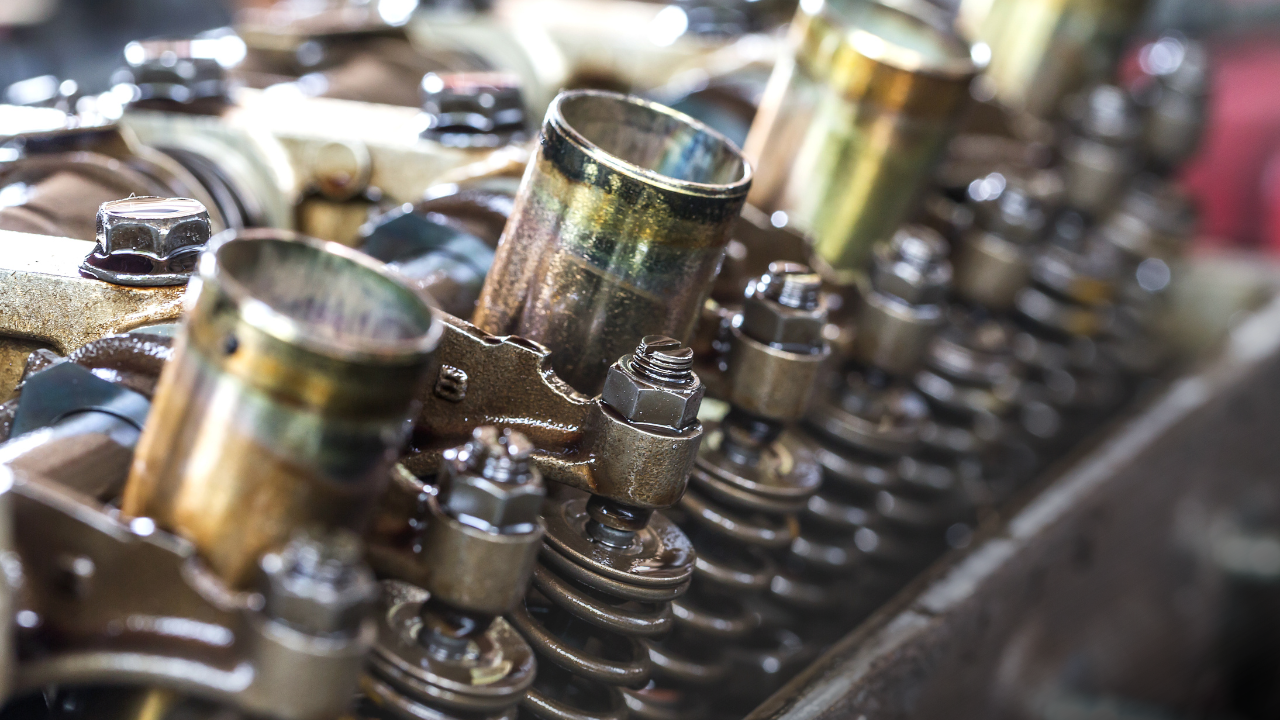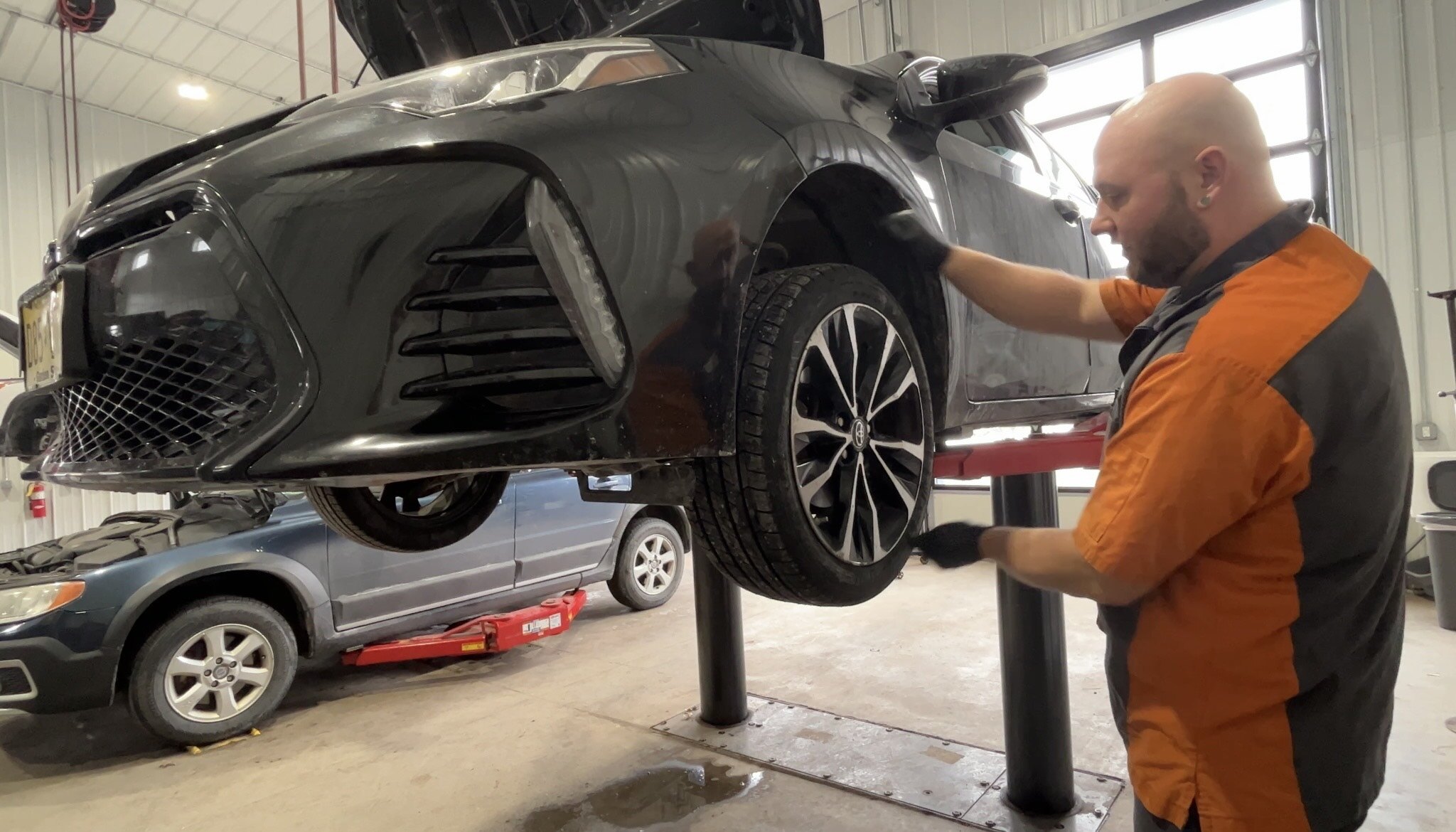Every vehicle on the road relies on a system of fluids to function properly — much like the human body depends on blood and water. These fluids don’t just “sit there.” They work actively to lubricate, cool, clean, and protect key systems in your car. Skipping out on monitoring and maintaining them can lead to performance issues, costly repairs, and even safety concerns.
Let’s take a deeper look at four of the most important fluids your car needs to stay healthy and road-ready: engine oil, coolant, brake fluid, and transmission fluid.
Engine Oil: The Lifeblood of Your Engine
If there’s one fluid every driver knows about — or at least should — it’s engine oil. It plays a critical role in keeping your engine's moving parts lubricated, reducing friction, and preventing overheating. As it circulates, it also helps carry away small particles of debris and carbon buildup, keeping your engine cleaner.
Over time, however, oil breaks down and becomes less effective. Dirt, moisture, and heat cause it to thicken and lose its lubricating properties, which can lead to increased wear and tear or even complete engine failure if ignored. You might not feel a difference immediately, but degraded oil quietly chips away at your engine’s health.
That’s why it’s crucial to stick to regular oil changes — typically every 5,000 to 7,000 miles, though this can vary depending on your vehicle, oil type, and driving habits. Checking your oil monthly for color, texture, and level can help you catch issues before they become expensive problems.
Coolant: Regulating the Heat
Engines run hot — very hot. Without a functioning cooling system, your car would overheat in minutes. That’s where coolant (or antifreeze) comes into play. It circulates through the engine and radiator, absorbing and dissipating heat to keep everything within a safe temperature range.
Coolant is also essential in winter, preventing the engine block from freezing when temperatures plummet. And just like oil, coolant doesn’t last forever. It can degrade or become contaminated over time, losing its ability to regulate temperature effectively. Neglecting it could lead to overheating, corrosion, or internal damage — problems that often require major repairs.
Most vehicles need a coolant flush every 30,000 to 50,000 miles, but it’s smart to check it during every oil change, especially before the seasons change. If you ever notice your temperature gauge rising or spot a puddle of sweet-smelling liquid under your car, it’s time to have it inspected.
Brake Fluid: Power Behind the Pedal
You might not see it or think about it often, but brake fluid is a major safety component. It’s the hydraulic force that allows the pressure from your foot on the brake pedal to transfer into actual stopping power at the wheels. If your brake fluid is old or contaminated, your stopping distance can increase, and in extreme cases, your brakes might fail entirely.
One of the challenges with brake fluid is that it’s hygroscopic — it absorbs moisture from the air over time. That moisture can lower the boiling point of the fluid and cause corrosion inside your brake lines, calipers, or master cylinder.
Even if your brakes feel okay, manufacturers typically recommend a brake fluid flush every two years to keep the system safe and responsive. Signs you may need to have it checked include a mushy brake pedal, longer stopping distances, or a warning light on your dashboard.
Transmission Fluid: Smooth Shifts, Strong Performance
The transmission is one of the most complex and expensive parts of your vehicle, and transmission fluid is what keeps it operating smoothly. It lubricates moving parts, prevents overheating, and, in automatic vehicles, helps with gear shifting by transmitting hydraulic pressure.
Like the other fluids, transmission fluid degrades over time — especially if you do a lot of towing, city driving, or spend time in stop-and-go traffic. As it breaks down, you may experience hesitation, grinding, or jerky shifting. In some cases, dirty fluid can even damage your transmission, leading to costly repairs.
Service intervals vary widely by vehicle, from 30,000 to 60,000 miles, and some newer models use long-life or “lifetime” fluid — though that doesn’t mean you should ignore it. Periodic inspections help ensure the fluid is clean, properly filled, and up to the job.
Maintenance Is Protection
Checking and maintaining your car’s fluids isn’t just about avoiding breakdowns — it’s about protecting your investment, your passengers, and your peace of mind. These four fluids — engine oil, coolant, brake fluid, and transmission fluid — work behind the scenes every time you drive, and a little attention goes a long way.
 If you’re unsure when your last fluid check was, don’t guess — contact us. At DeBoer’s Auto, we’re here to help you understand your vehicle and keep it performing its best.
If you’re unsure when your last fluid check was, don’t guess — contact us. At DeBoer’s Auto, we’re here to help you understand your vehicle and keep it performing its best.
Schedule your next service today, and let’s keep your car healthy from the inside out.









